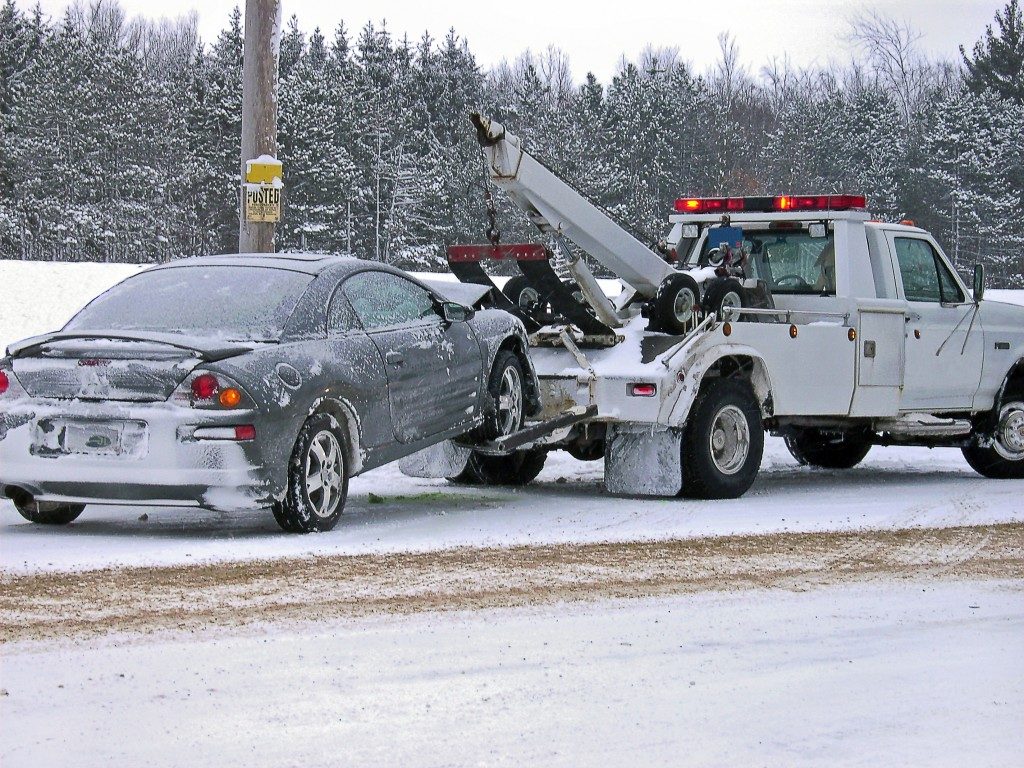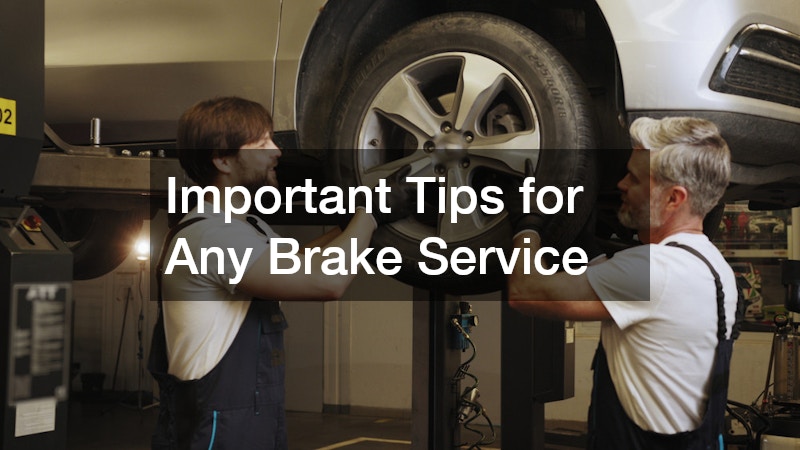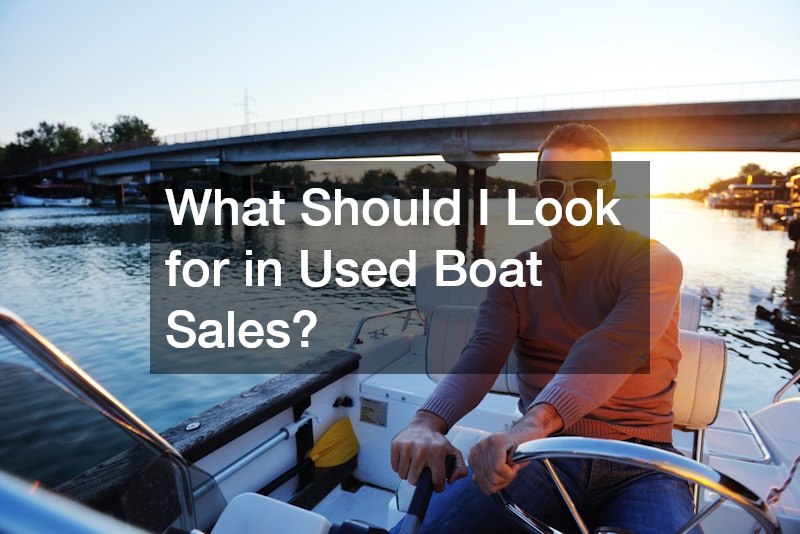Hitch installation is quite the norm when you own a truck. As the primary purpose of a hitch is to make towing easier, you’re probably expecting to tow another car at some point. Sooner or later, it might happen.
Some drivers make towing look easy. However, if you do not know the right way to do it, you’ll find it can be quite tricky. It’s vital to prepare yourself and your vehicle for the job. You don’t want to damage your car and the other car. You also don’t want to do anything against traffic laws.
Indeed, aside from equipping your truck with the right hitch, you also have to equip yourself with sufficient towing knowledge. When you find yourself needing to tow another car in Salt Lake City, here are several things to keep in mind.
Determine Your Vehicle’s Towing Capacity
Your vehicle’s towing weight limit heavily relies on its chassis, brakes, and transmission more than its engine or horsepower. Towing weight limits also vary from car to car. Take note that even vehicles of the same model also have different towing capacities based on the variant and other upgrades.
The first thing you should do is to check your vehicle’s exact model and specifications. Your owner’s manual should have the information regarding the safe weight you can tow. It will be wise to tow a vehicle lighter than the published limit for your car.
Get the Right Hitch
Typically, new vehicles don’t come with a hitch. In most cases, you can buy one from the dealership or a third-party retailer-installer.
Most truck hitches come with a receiver that’s designed to be permanently attached to your car. There’s also a removable ball mount that slides into the hitch when connected to the car or trailer to be towed.
It’s necessary to purchase a custom-fit tow hitch designed explicitly for your truck’s make, model, and variant.
 Other Things to Check
Other Things to Check
Here are other things you need to check before towing another vehicle or trailer:
1. Brakes. You have to make sure that your vehicle’s brakes are in good condition. Remember that when you have a car in tow, you’ll need more stopping distance. You should also know how to brake properly. Riding the brakes might overheat it. Furthermore, if you’re towing a trailer, you need to check if it’s properly wired to your vehicle. Do a test of the brakes to see if the trailer’s brake lights are properly working.
2. Cooling System. Your vehicle will heat up when pulling extra weight. So, the cooling system needs to be in great condition to prevent your vehicle from overheating. Check the radiator, water pump, thermostat, cooling fan, and related wirings and switches.
3. Safety Chains. You can only imagine what a disaster will it be when the car or trailer you’re towing gets unhitched. Safety chains are the second line of protection for such a scenario. Make sure that you use the right safety chains and that they are securely attached.
4. Shock Absorbers and Springs. These help your vehicle support the additional weight and maintain stability. You need to make sure that you have shock absorbers and springs that are designed for towing.
5. Tires. Of course, you need to have tires with a suitable load rating. You should also check the inflation of both your vehicle’ tires and those of the car or trailer to be towed.
6. Wiring. It’s also necessary to check the wiring from your vehicle to the vehicle to be towed. Test if everything’s working as it should before you hit the road.
Tow Safely With the Right Tow Equipment and Knowledge
When you have sufficient towing knowledge, and you have the correct truck hitch, you can safely tow another car without causing damage to it and your vehicle. If you’re unsure what hitch to get for your truck, don’t hesitate to ask a trusted dealer or installer.





